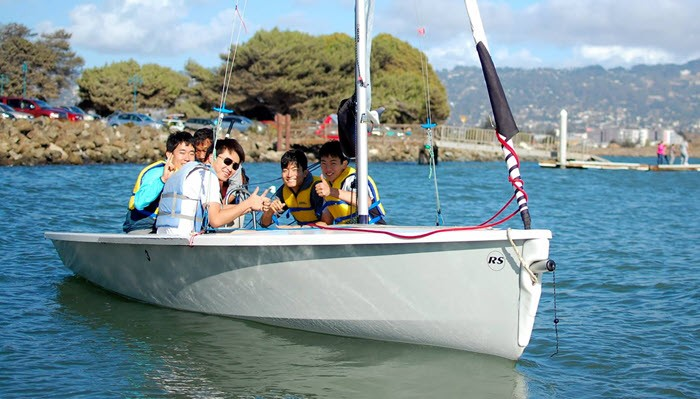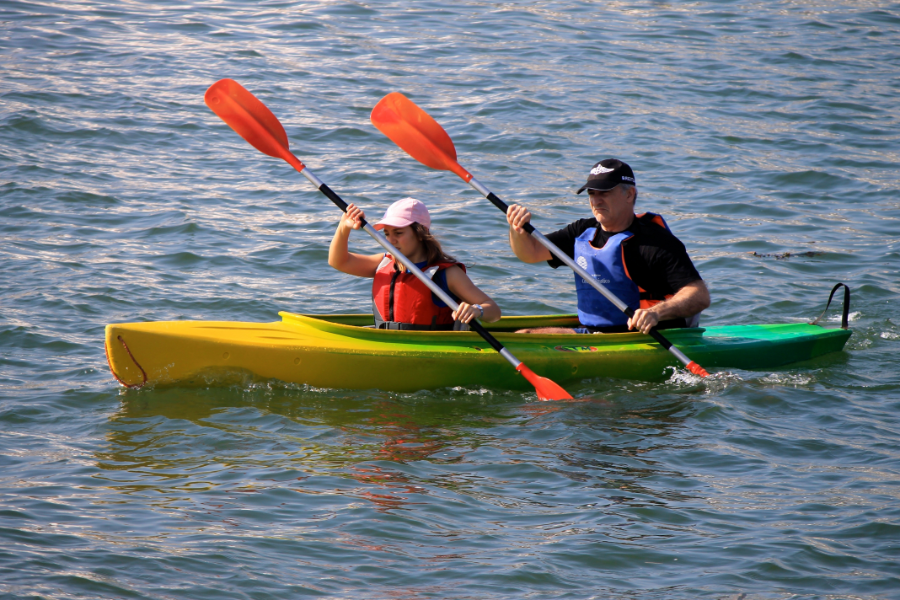Boating Safety Improves in 2023
(May 28, 2024) – The U.S. Coast Guard released the 2023 calendar year statistics on recreational boating incidents today, reporting a decrease in fatalities and incidents.
Fatalities fell by 11.3 percent to 564 from 636 in 2022, while overall incidents decreased by 4.9 percent from 4,040 to 3,844. Non-fatal injuries also declined by 4.3 percent from 2,222 to 2,126.
Alcohol continued to be the leading known contributing factor in fatal boating accidents in 2023, accounting for 79 deaths, or 17 percent of total fatalities.\
The data also shows that in 2023:
- The fatality rate was 4.9 deaths per 100,000 registered recreational vessels, a 9.3 percent decrease from last year’s rate of 5.4 deaths per 100,000 registered recreational vessels. (In 1971, when the Safe Boating Act was first passed, the rate was 20.6 deaths per 100,000 registered recreational vessels.)
- Property damage totaled $63 million.
- Operator inattention, improper lookout, operator inexperience, excessive speed and machinery failure ranked as the top five primary contributing factors in accidents.
“Boaters should remain vigilant on the water as most incidents occur when you might least expect them – in good visibility, calm waters and little wind,” said Capt. Amy Beach, Inspections and Compliance director. “The most frequent events involve collisions with other vessels, objects or groundings, which is why it is so important to keep a proper lookout, navigate at a safe speed, adhere to navigation rules and obey navigation aids.”
Deaths occurred predominantly on vessels operated by individuals who had not received boating safety instruction, accounting for 75 percent of fatalities. Open motorboats, personal watercraft and cabin motorboats were the vessel types most involved in reported incidents.
Drowning accounted for 75 percent of deaths, with 87 percent of those victims not wearing life jackets. The Coast Guard reminds boaters to wear serviceable, properly sized and correctly fastened life jackets.
“The most frequent event in fatal incidents involved events where people ended up in the water. A fall overboard, capsizing and cases where a person voluntarily departed a vessel accounted for over half of fatal incidents,” said Beach.
In 2023, there was a slightly higher percentage of deaths attributed to canoes and kayaks compared to other vessel types. The Coast Guard encourages boaters to check the weather and water conditions prior to getting underway.
The data in the report is based on incidents that resulted in at least one of the following criteria: death, disappearance, injury that required medical treatment beyond first aid, damages to the vessel(s) or other property that equaled or exceeded $2,000, or a loss of vessel.
In addition to wearing a life jacket and taking a boating safety course, the Coast Guard recommends all boaters attach the engine cut-off switch, get a free vessel safety check and boat sober.
“We praise our state and non-profit partners in boating safety who have endeavored to reduce casualties through educational outreach and enforcement,” said Beach.

